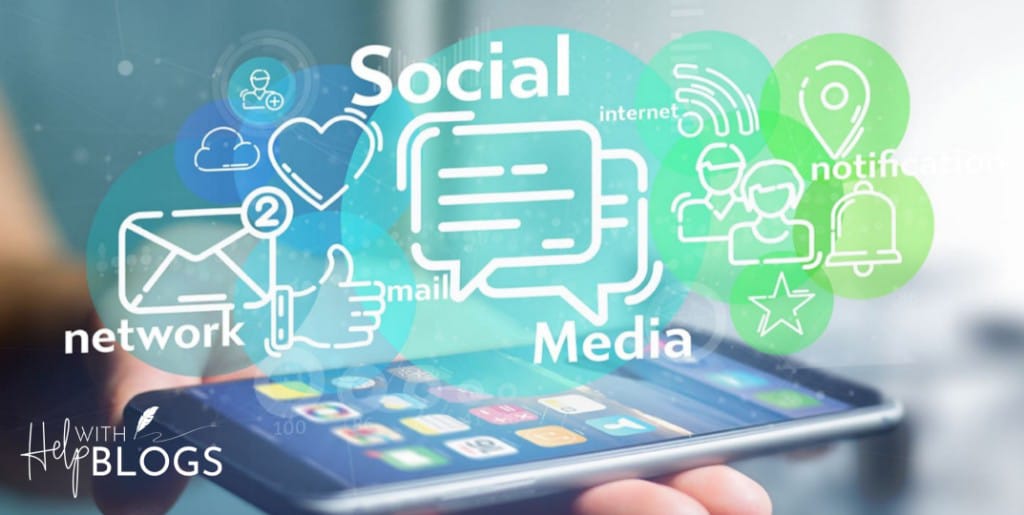The Impact of Social Media on Event Marketing: Harnessing the Power of Online Engagement
Introduction:
In today's digital age, social media has transformed the way businesses and individuals interact with one another. One area that has seen a significant shift due to social media is event marketing. Gone are the days of relying solely on traditional advertising methods; now, event organizers can tap into the vast potential of online engagement to boost their event's reach and impact. In this blog post, we will explore the profound impact of social media on event marketing and how businesses can effectively harness its power to create successful and memorable events.
- Expanding Event Reach and Audience Engagement:
Social media platforms, such as Facebook, Twitter, Instagram, LinkedIn, and YouTube, have billions of active users worldwide. Leveraging these platforms for event marketing allows businesses to reach a much larger and diverse audience compared to traditional marketing methods. Creating event pages, posting updates, and sharing relevant content can generate buzz around the event and pique the interest of potential attendees.
Moreover, these platforms enable real-time engagement with the audience. Event organizers can host live Q&A sessions, polls, and interactive discussions, fostering a sense of community and excitement among attendees. Social media's interactive nature also facilitates two-way communication, allowing organizers to receive feedback, address concerns, and tailor the event experience to meet attendees' expectations.
- Building Anticipation and Generating Hype:
Social media provides a unique opportunity to build anticipation for an upcoming event. By crafting teaser posts, countdowns, and sneak peeks, organizers can create a sense of excitement and anticipation. Sharing behind-the-scenes glimpses of event preparations and featuring guest speakers or performers helps generate hype and encourages potential attendees to mark their calendars.
Event-specific hashtags also play a crucial role in generating buzz. Encouraging attendees and sponsors to use the event hashtag in their posts can amplify reach and create a shared experience, ultimately driving more interest and engagement.
- Facilitating User-Generated Content:
One of the most powerful aspects of social media in event marketing is its ability to generate user-created content. Attendees often share their experiences, photos, and videos from the event on their social media accounts. This user-generated content serves as authentic testimonials and social proof, influencing others to attend future events.
Organizers can actively encourage and incentivize attendees to share their experiences using the event hashtag. Running contests or giveaways for the best posts can further stimulate engagement and content creation.
- Tracking and Analyzing Event Performance:
Social media platforms offer robust analytics tools that allow organizers to track the performance of their event marketing efforts. Metrics such as reach, engagement, click-through rates, and audience demographics provide valuable insights into what strategies are working effectively.
Analyzing these data points empowers organizers to make data-driven decisions, optimize their marketing campaigns, and identify areas for improvement. Whether it's adjusting content strategies or targeting specific demographics, social media analytics help event organizers refine their approach for maximum impact.
- Partnering with Influencers and Industry Leaders:
Influencer marketing has become a powerful tool for event promotion. By partnering with influencers or industry leaders who align with the event's theme, organizers can tap into their established follower base and credibility. Influencers can create engaging content about the event, host live interviews or takeovers, and encourage their followers to attend.
This collaboration not only extends the event's reach but also lends credibility to the event, as attendees may perceive it as an industry-endorsed gathering.
- Extending the Event's Lifespan:
Once the event concludes, social media continues to play a crucial role in extending its lifespan. Event organizers can share highlights, recap videos, and testimonials to keep the momentum going. This post-event content keeps attendees engaged and can also attract the interest of those who missed the event but are now intrigued to attend future ones.
Additionally, social media offers an excellent platform for soliciting post-event feedback and testimonials. This feedback helps organizers understand the event's strengths and weaknesses, allowing them to continuously improve future events.
Conclusion:
The impact of social media on event marketing cannot be overstated. From expanding event reach and audience engagement to building anticipation and generating user-generated content, social media presents a wealth of opportunities for event organizers to create successful and memorable gatherings. By harnessing the power of online engagement, businesses can connect with their target audience in new and exciting ways, ensuring that their events leave a lasting impression on attendees and build a loyal community around their brand.
“For more insightful tips and advice on event marketing and other digital strategies, stay tuned to "Help With Blogs" for regular updates. Happy event planning!”

